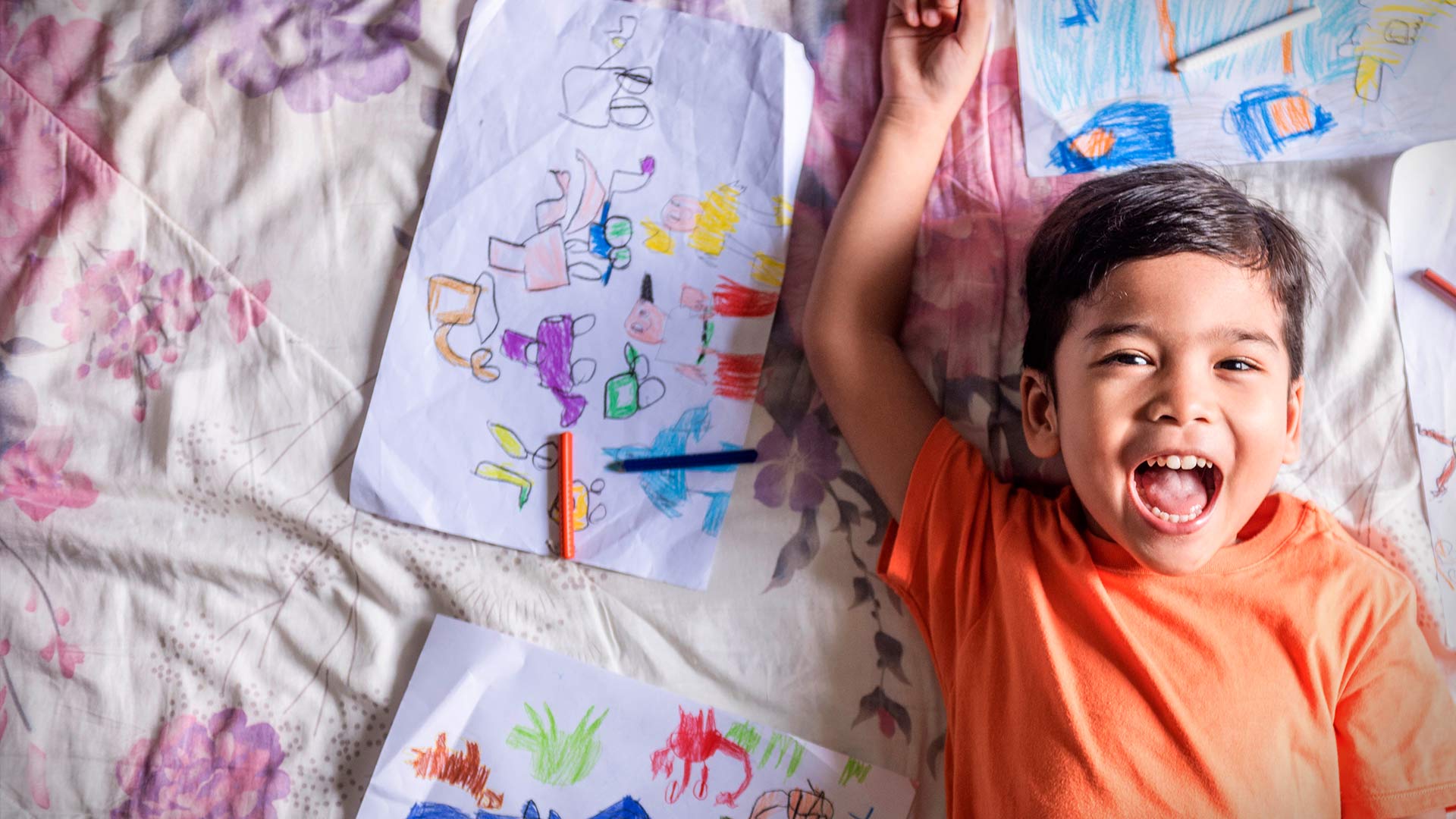Curriculum Requirements: Emotional Behavioral Disorders
Credits
Initial License/MA in Teaching: 50
Additional License: 9 minimum depending on previous coursework up to 33
MA with Additional License: 30 minimum
SEP Requirements for First Time MN Licensure Need:
TEGR 510 Education: Issues and Policies
TEGR 512 Diversity and Cultural Competence
TEGR 530 Psychology for Teaching & Learning and TEGR 532 Field Experience II
Reading Courses:
TEGR 550 Language Development, Literacy, & Lit I
TEGR 570 Language Development, Literacy, & Lit II
Core Courses:
SPED 750 Fundamentals of SPED: Exceptionality, Diversity, Equity and Inclusion
SPED 785 Applied Behavior Analysis: Behavior Interventions and Learning Environments
SPED 714 Professional Practice: Collaboration, Co-teaching & Educational Tech.
Licensure Courses:
SPED 716 Fundamentals for Students with Mild/Moderate Needs
SPED 645 Educational Assessment, Evaluation, & Individual Planning for Diverse Learners
SPED 717 Elementary Academic Interventions and Literacy
SPED 718 Secondary Academic Interventions and Transitions
Disability Specific Courses:
SPED 733 Methods: Emotional Behavioral Disorders
SPED 755 Positive Behavior Supports for Diverse Learners
SPED 734 Student Teaching and Seminar: Emotional Behavioral Disorders
Research Course:
SPED 500 Principles of Educational Research
TEGR 570 Language Development, Lit & Literacy I (if needed)
SPED 733 Methods: Emotional Behavioral Disorders
SPED 755 Positive Behavior Supports for Diverse Learners
SPED 734 Student Teaching and Seminar: Emotional Behavioral Disorders
Core Courses:
SPED 703 Methods: Autism Spectrum Disorder
SPED 754 Methods: Significant Developmental Disabilities
SPED 719 Methods: Social, Emotional, Behavioral Intervention
SPED 778 Fundamentals: Preschoolers
Courses Needed for Additional License:
SPED 755 Positive Behavior Supports for Diverse Learners
SPED 733 Methods: Emotional Behavior Disorder
XXX Elective
SPED 734 Student Teaching and Seminar: Emotional Behavioral Disorders
TEGR 570 Language Development, Literacy and Literature II
Research Course:
SPED 500 Principles of Educational Research
Core Courses:
SPED 750 Fundamentals of SPED: Exceptionality, Diversity, Equity and Inclusion
SPED 785 Applied Behavior Analysis: Behavior Interventions and Learning Environments
SPED 714 Professional Practice: Collaboration, Co-teaching & Educational Tech.
Licensure Courses:
SPED 716 Fundamentals for Students with Mild/Moderate Needs
SPED 645 Educational Assessment, Evaluation, & Individual Planning for Diverse Learners
SPED 717 Elementary Academic Interventions and Literacy
SPED 718 Secondary Academic Interventions and Transitions
TEGR 570 Language Development, Literacy and Literature II
Disability Specific Courses:
SPED 733 Methods: Emotional Behavioral Disorders
SPED 755 Positive Behavior Supports for Diverse Learners
SPED 734 Student Teaching and Seminar: Emotional Behavioral Disorders
Research Course:
SPED 500 Principles of Educational Research

